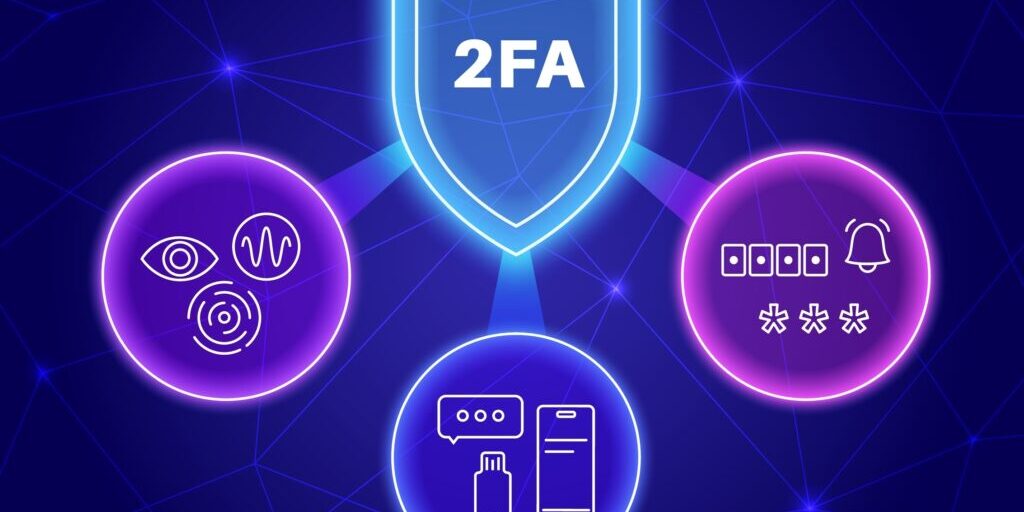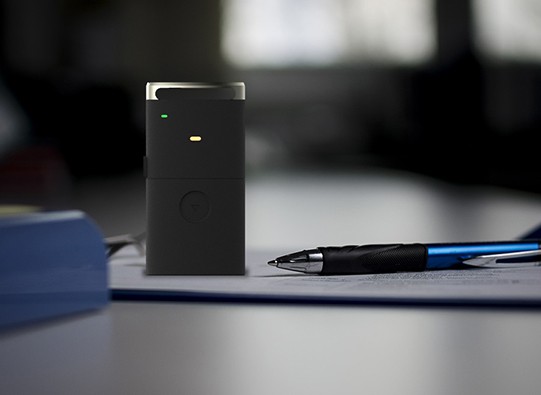
Does RADIUS support 2FA?
Does RADIUS Support Two-Factor Authentication (2FA)? Unpacking the Synergy
Introduction
As network environments grow increasingly complex and security concerns reach new heights, the need for robust authentication methods becomes more pressing. Two popular technologies in the network security space are Remote Authentication Dial-In User Service (RADIUS) and Two-Factor Authentication (2FA). A common question that arises is: “Does RADIUS support 2FA?” The short answer is yes, and this article aims to delve into how RADIUS and 2FA can work in tandem to create a secure network environment.
Understanding RADIUS
RADIUS is a networking protocol that provides centralized authentication, authorization, and accounting (AAA) services for networked users.
Understanding 2FA
Two-Factor Authentication (2FA) is a security measure that requires two forms of identification before granting access. The first is something you know (e.g., a password), and the second is something you have (e.g., a mobile device to receive a verification code).
The Synergy Between RADIUS and 2FA
RADIUS, by design, is an extensible protocol that can accommodate various authentication mechanisms. 2FA comes into play as an additional layer, a supplementary form of authentication that the RADIUS server can be configured to require.
How it Works
- Initiation: A user attempts to access a network resource, like a VPN or a Wi-Fi network.
- First Factor Authentication: The RADIUS client (usually a Network Access Server) forwards the user’s primary credentials to the RADIUS server for validation.
- Second Factor Request: If the primary credentials are valid, the RADIUS server triggers the second-factor requirement, sending a prompt to the user to enter a secondary credential.
- Second Factor Authentication: The user provides the secondary credential—this could be a code sent via SMS, email, or a push notification on an authenticator app.
- Authorization: Upon successful validation of both factors, the RADIUS server authorizes the user to access the network resource.
Configurability and Flexibility
The beauty of integrating 2FA with RADIUS is the level of flexibility it offers. Organizations can choose from a range of second-factor options, including hardware tokens, mobile authenticator apps, or even biometrics. This makes it easy to tailor the system to specific organizational needs and compliance requirements.
Benefits of Using RADIUS with 2FA
- Enhanced Security: Adding a second layer of authentication significantly lowers the risk of unauthorized access.
- Centralized Management: Utilizing RADIUS allows for centralized control over authentication policies, making it easier to manage and audit.
- Compliance: Many industries require or recommend 2FA for compliance with regulations like GDPR, HIPAA, or PCI-DSS.
- User Experience: Despite adding an additional step in the login process, modern 2FA methods are designed to be as frictionless as possible. This offers a balance between convenience and security.
Conclusion
So, does RADIUS support 2FA? Absolutely. Not only does it support 2FA, but the integration of these two technologies can also form a powerful defense mechanism against many cybersecurity threats. Implementing 2FA in a RADIUS environment enhances security without sacrificing usability. This is a win-win solution for organizations seeking to bolster their network security measures.
Finally, see GateKeeper Enterprise advanced MFA in action.
Take a self-guided tour of how you can evolve from passwords. Then you're really saving time with automation.




